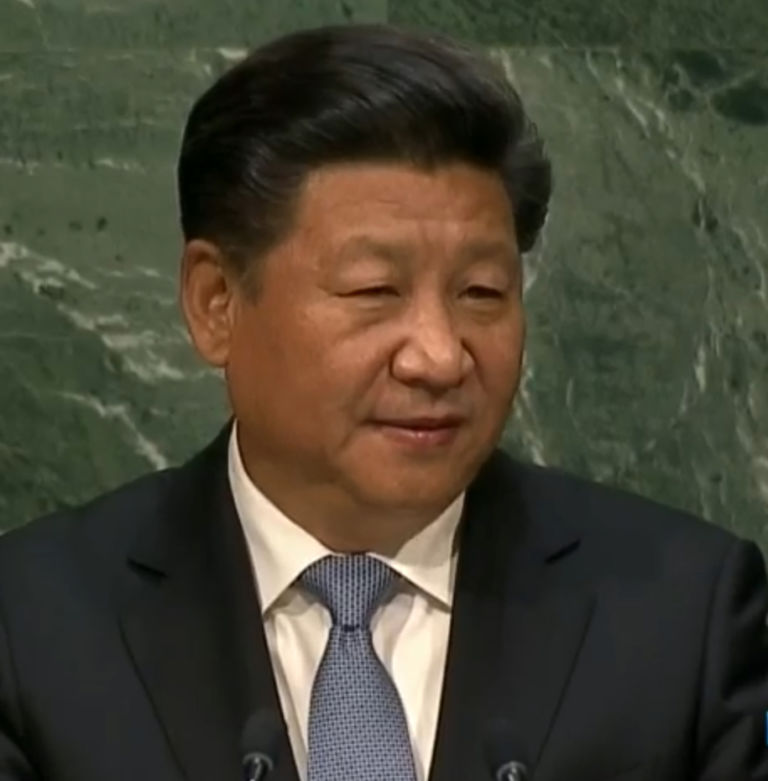Michael Beckley of the American Enterprise Institute critiques the Biden administration’s stance on communist China.
As U.S.-China relations have become more hostile than at any time in the past fifty years, a prominent group of analysts and former government officials have called for the United States to re-engage China to prevent a slide to war and to address global challenges, such as climate change and pandemics. Advocates of re-engagement adopt core assumptions from defensive realism, a well-known but controversial strand of international relations theory. …
… The bottom line, according to re-engagers, is that U.S. efforts to contain China are dangerous and driven by parochial interests and psychological delusions. If only those interests and delusions could be suppressed, the United States and China might live in peace.
It is an attractive thesis. The world would certainly be more peaceful and prosperous if states could use reason, rather than competition and war, to settle disputes. But the history of great power rivalry is not reassuring. There have been at least a dozen great power rivalries during the past two centuries, and none ended through diplomacy alone. Instead, rivalries lasted until one side could no longer compete or until both sides were forced to put their differences aside to gang up on a shared adversary. Moreover, none of the rivalries could be described as misunderstandings among modest, security-seeking states. Instead, they were struggles for dominance among ambitious power maximizers. Even in cases where grand bargains were struck, détente rarely lasted long because at least one side could not credibly commit to uphold its end of the deal. In some cases, détente paved the road to war by undermining the balance of power and clarity of intentions necessary to preserve deterrence. …
… [T]here are several barriers to competitive coexistence, and re-engagers have yet to explain how they can be surmounted. The main issues in U.S.-China relations are essentially zero-sum, and the two countries espouse fundamentally different visions of international order.

